
Culture
16:05, 04-Sep-2018
A life with movies: 42-year of a rural film projectionist
Updated
15:25, 07-Sep-2018
CGTN
03:48
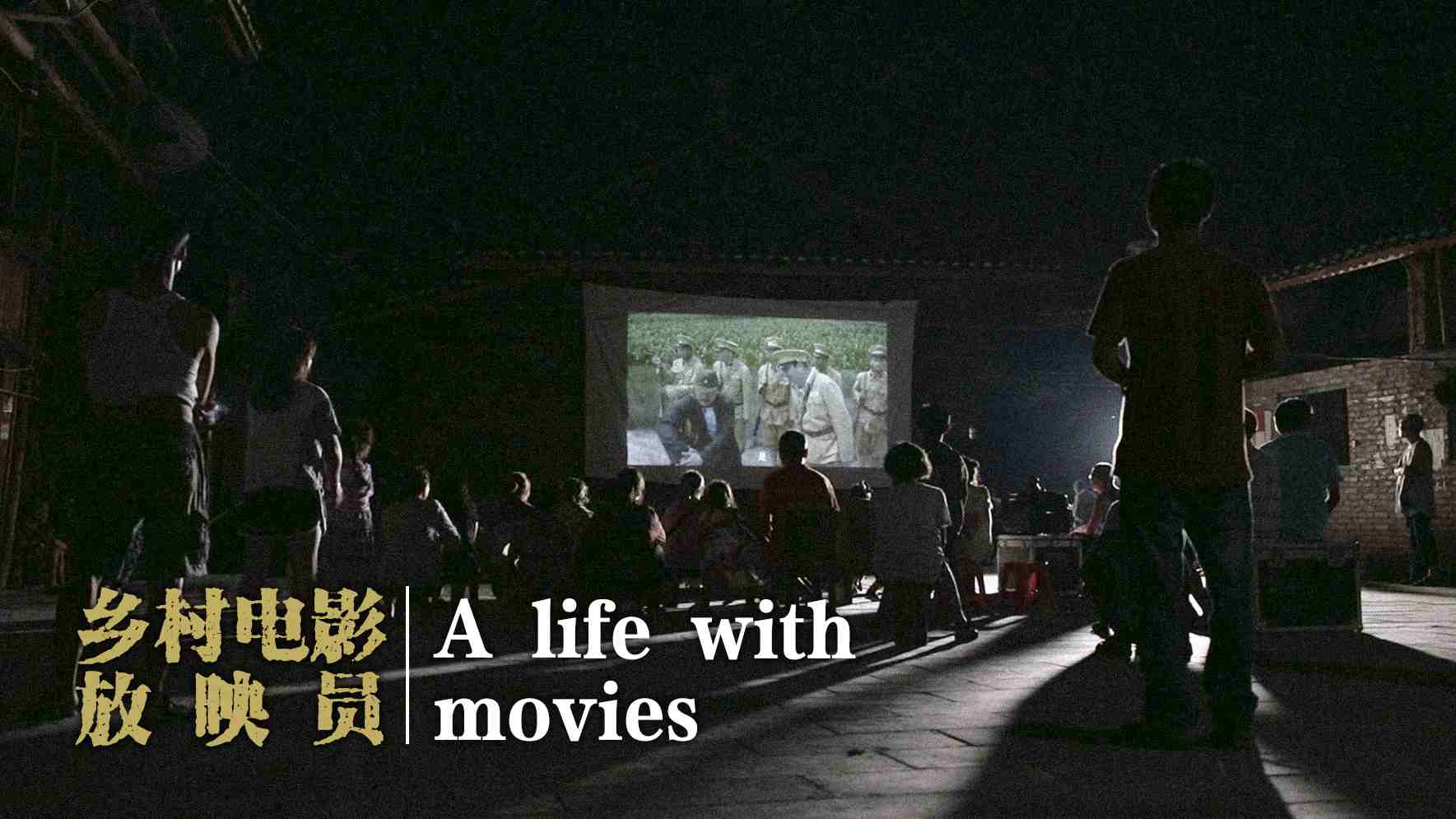

CGTN
CGTN
In the 1970s, watching movies was one of the few sources of entertainment in China. The minute the simple screen was set up, people gathered around waiting for the film projectionist to turn on the two-hour magical journey of the motion pictures.
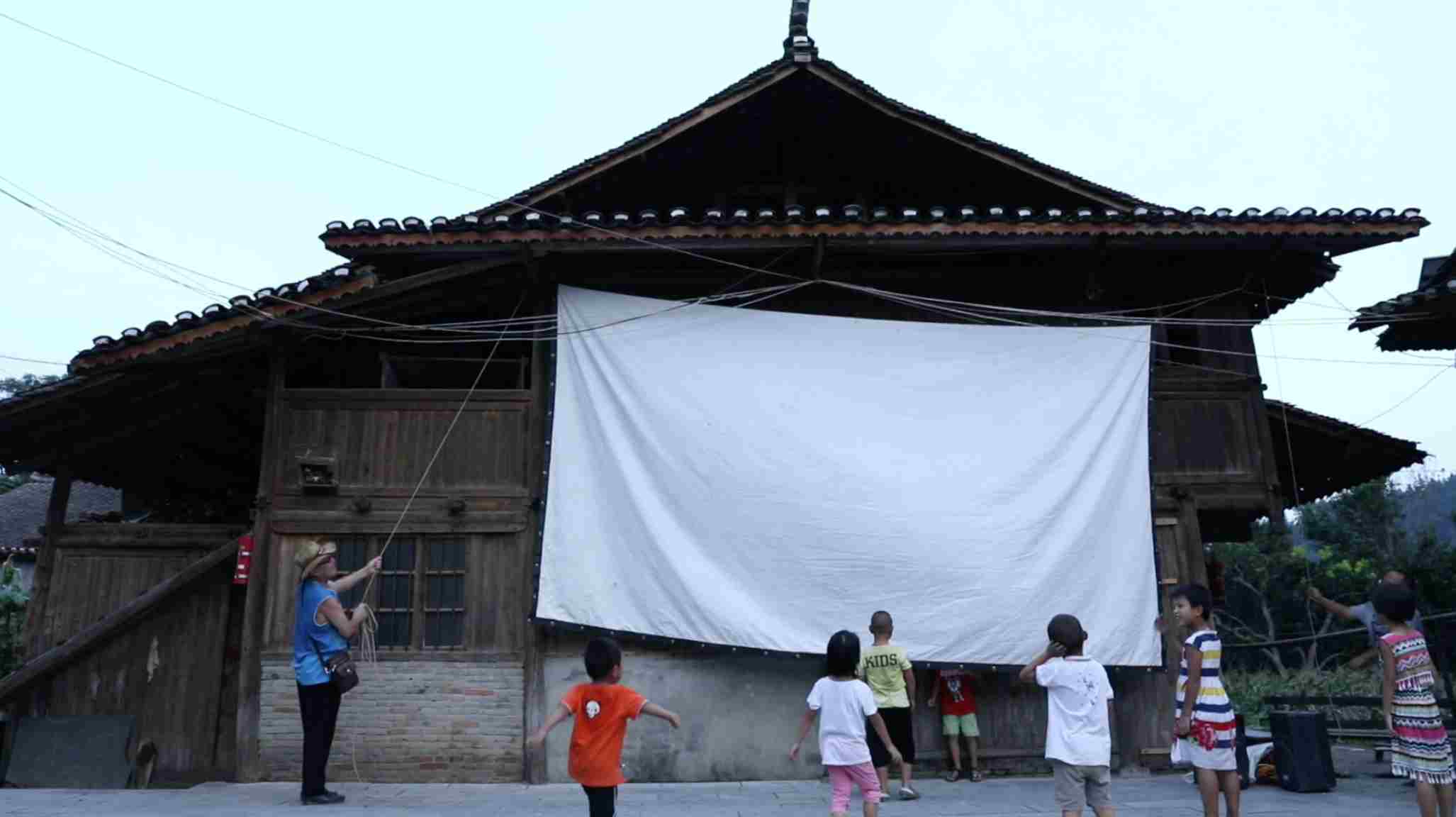
CGTN Photo
CGTN Photo
In 1976, Xiao Jinsheng became a 17-year-old intern at the Movie Management Station of Tianzhu County, Qiandongnan Miao and Dong Autonomous Prefecture, Guizhou Province. It was the beginning of his lifetime career as a projectionist. His job was to operate the movie projector in the villages in the mountains.
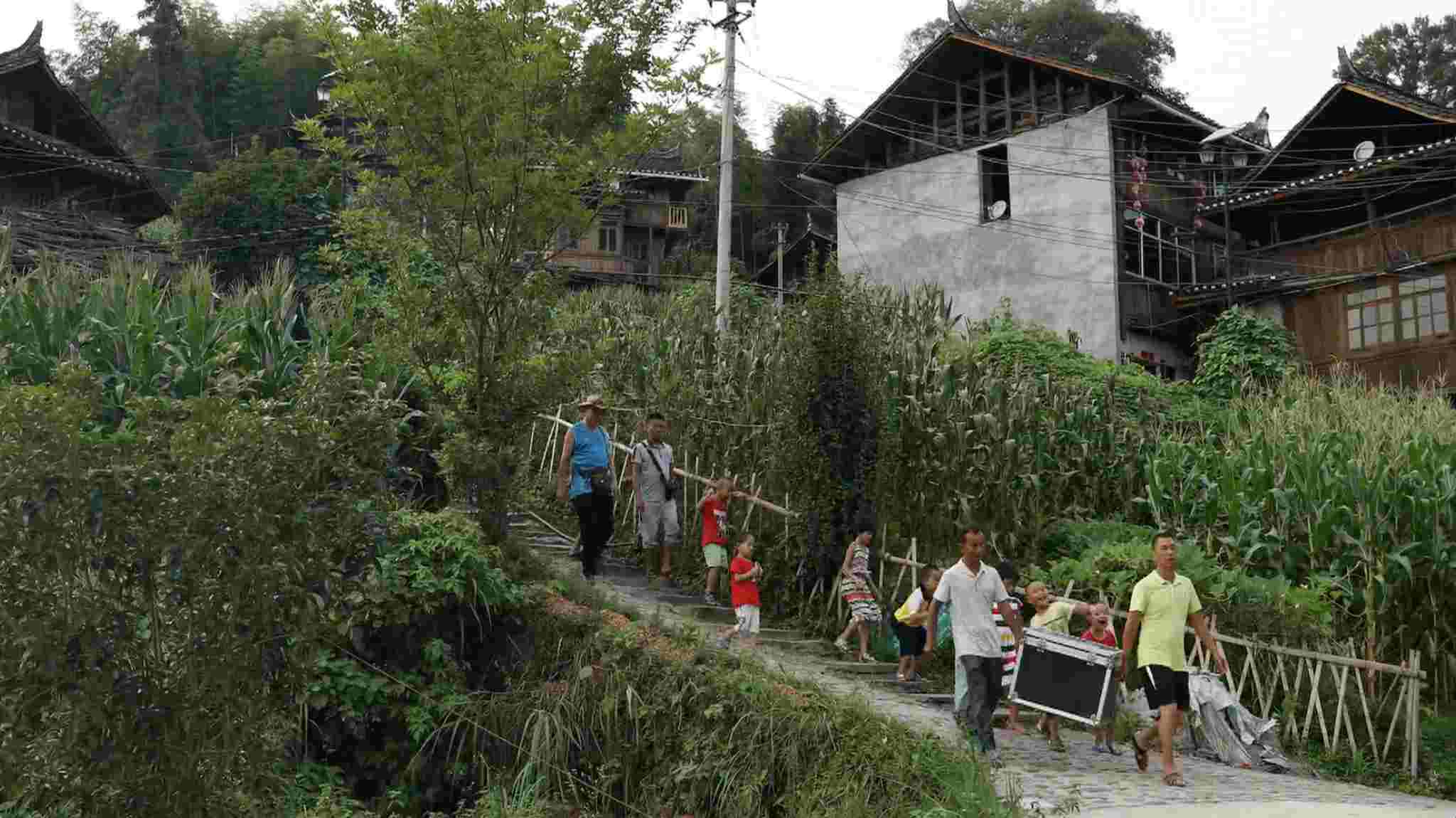
CGTN Photo
CGTN Photo
"It was the most fashionable job at that time," Xiao laughed. "Young people loved going to the movies. Especially girls."
Xiao met his wife during one of the film projections in 1982. "There was a beautiful girl named Wang who lived near the site," said Xiao. "I deliberately asked her to be the ticket seller. And I would often help her sell tickets. I would visit her home if she doesn't show up."
Finally, they fell in love and got married.
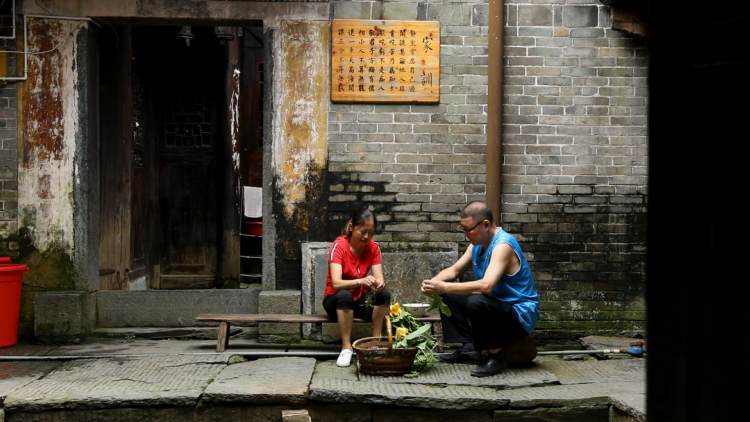
Xiao Jinsheng and his wife /CGTN Photo
Xiao Jinsheng and his wife /CGTN Photo
Because of the popularity, they would run the projection system almost in all weathers. "On rainy nights, we wouldn't start until 8, sometimes 9, or even 10 pm," said Xiao. "We wouldn't leave or the folks would be very disappointed."
Xiao is 59 years old. In the past 42 years, he took part in 25,000 film projections in 136 villages, traveling about 380,000 kilometers.
The roads in the mountains were rugged and slippery. Carrying the 25 kg projector and the 150 kg generator plus film copies, Xiao and his colleagues would often tumble walking in the evening. "It was pretty tough," he said. "We would attach straws to our shoes to make them anti-skid."
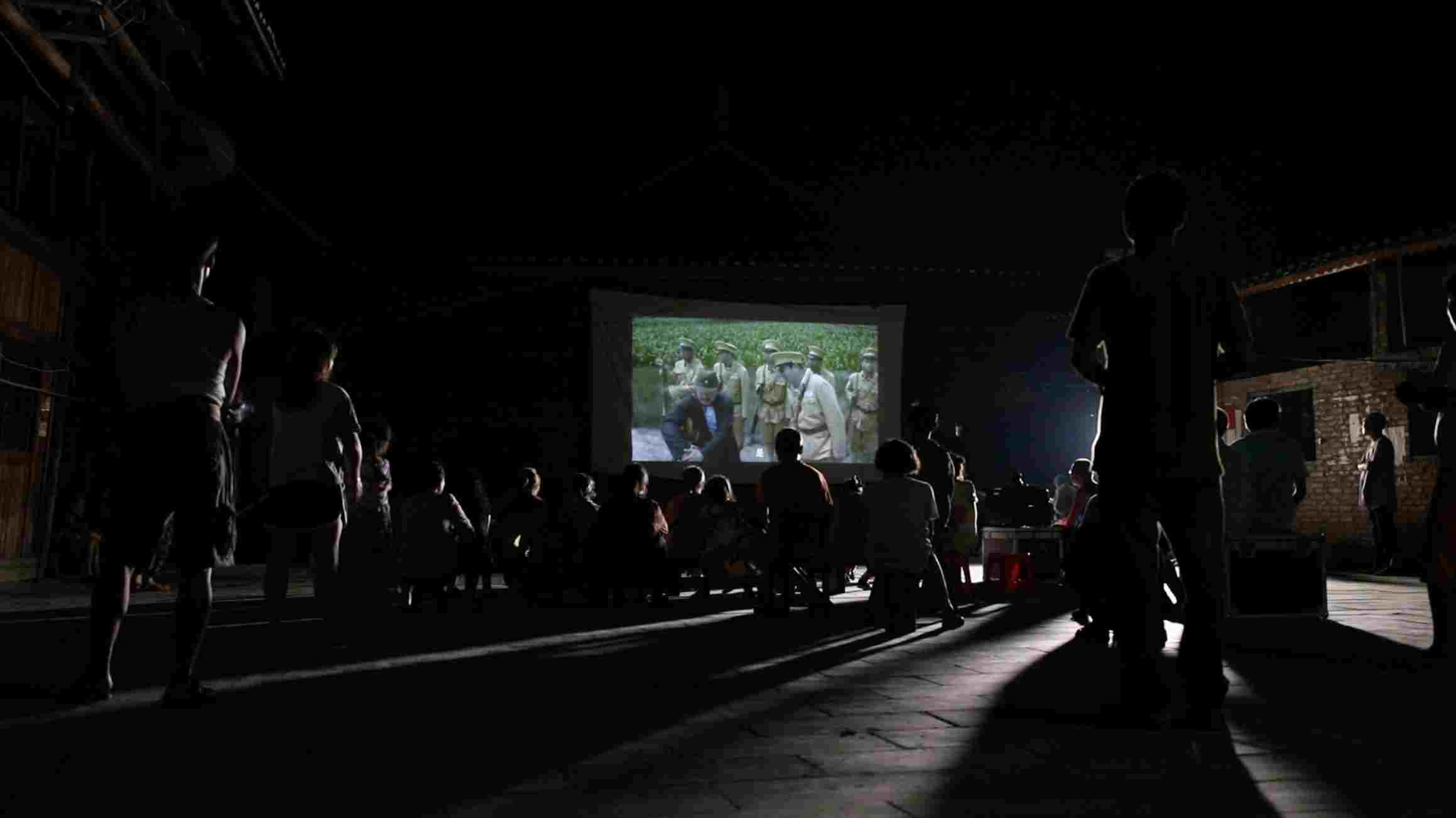
CGTN Photo
CGTN Photo
His favorite collection is an old-fashion 16 mm film projector of the brand Changjiang, which he used in the 1970s. The machine is kept in good condition and is still operable. Some people made offers, but Xiao never accepted any offer to sell it, as it carries the memories of those respectable projectionists.
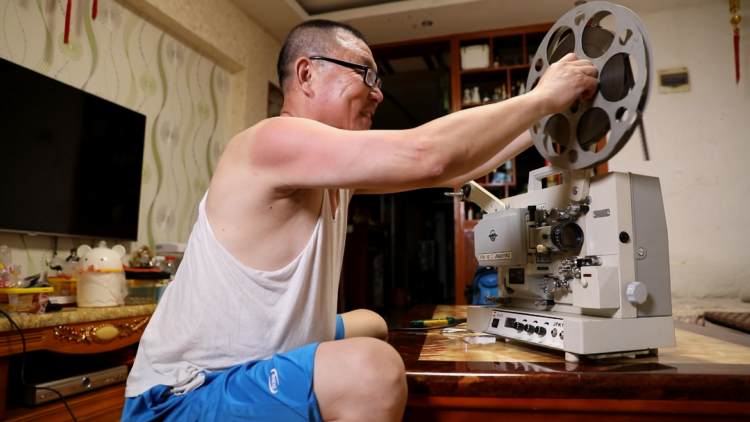
CGTN Photo
CGTN Photo
Xiao uses digital projectors now. And he carries the machines on motorcycle and truck, instead of carrying it on shoulders.
Since the 1990s, television has become a household appliance, which significantly affected the film projection business. However, for people who live in remote rural areas, the outdoor screening is still a source of happiness.
As the projection team arrives, children would gather in seconds and run joyfully behind the truck. All the families would bring their stools and sit in front of the screen. The festive atmosphere is overwhelming: "People love to come to the plaza and enjoy the cool air. The seniors have small talks while the children chase around. Everybody is happy."
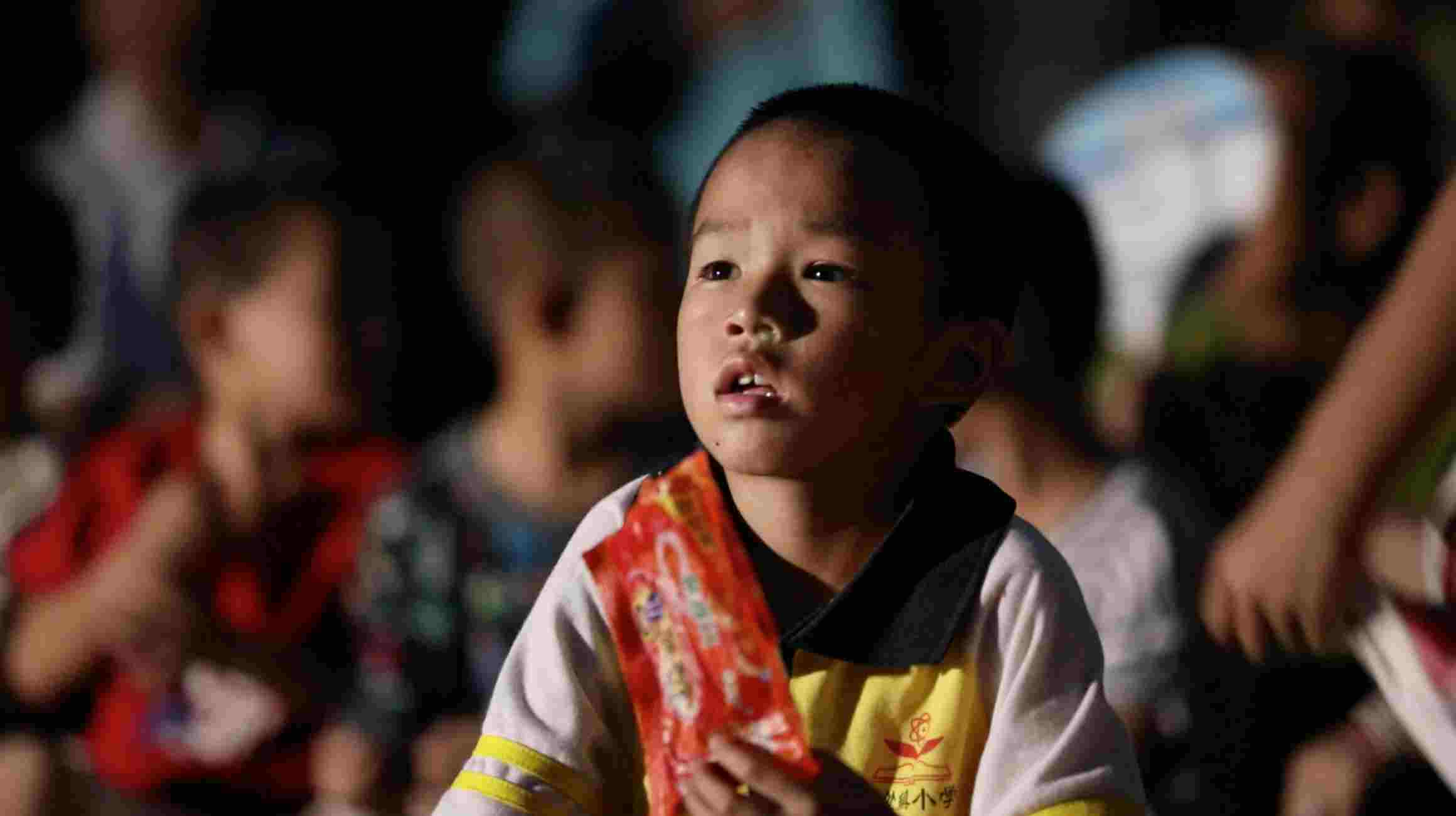
CGTN Photo
CGTN Photo
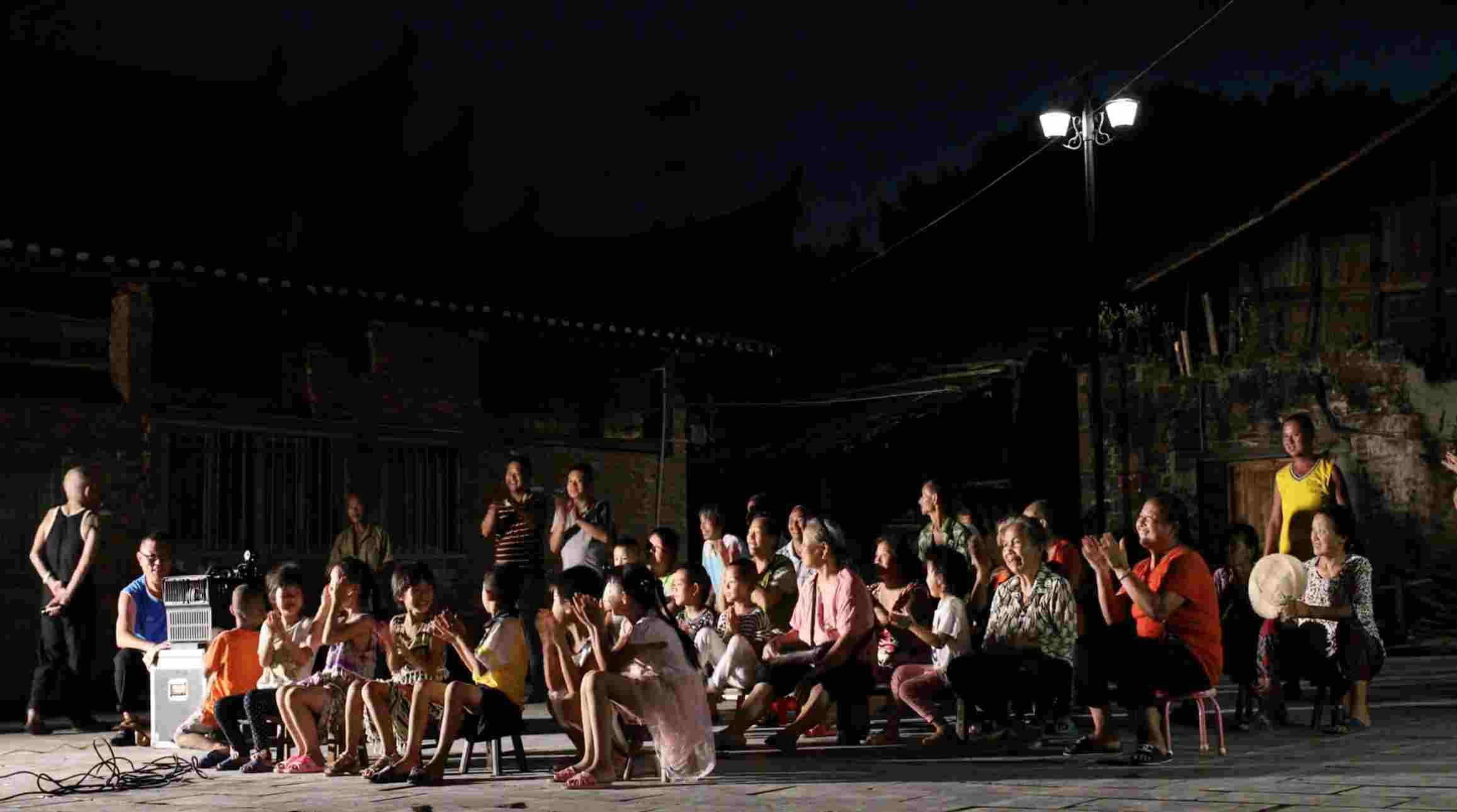
CGTN Photo
CGTN Photo
When the movie ends, many villagers would invite Xiao to have dinner at their homes. Sometimes Xiao would translate the dialogues for the Dong people who don't speak Mandarin.
"The projections have become part of my life," said Xiao. "The movie makes them happy, and I feel like getting another A on my report card."

The story is one in The 1.3 Billion series exploring the diverse lives that make up China.
The story is one in The 1.3 Billion series exploring the diverse lives that make up China.

SITEMAP
Copyright © 2018 CGTN. Beijing ICP prepared NO.16065310-3
Copyright © 2018 CGTN. Beijing ICP prepared NO.16065310-3